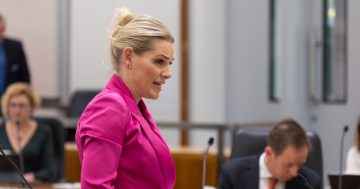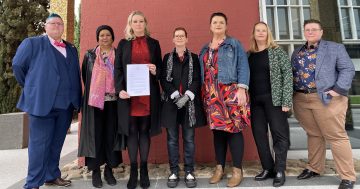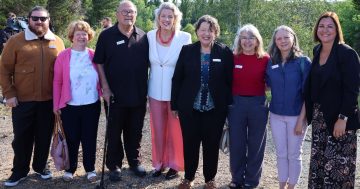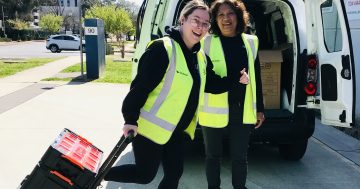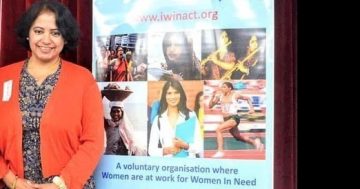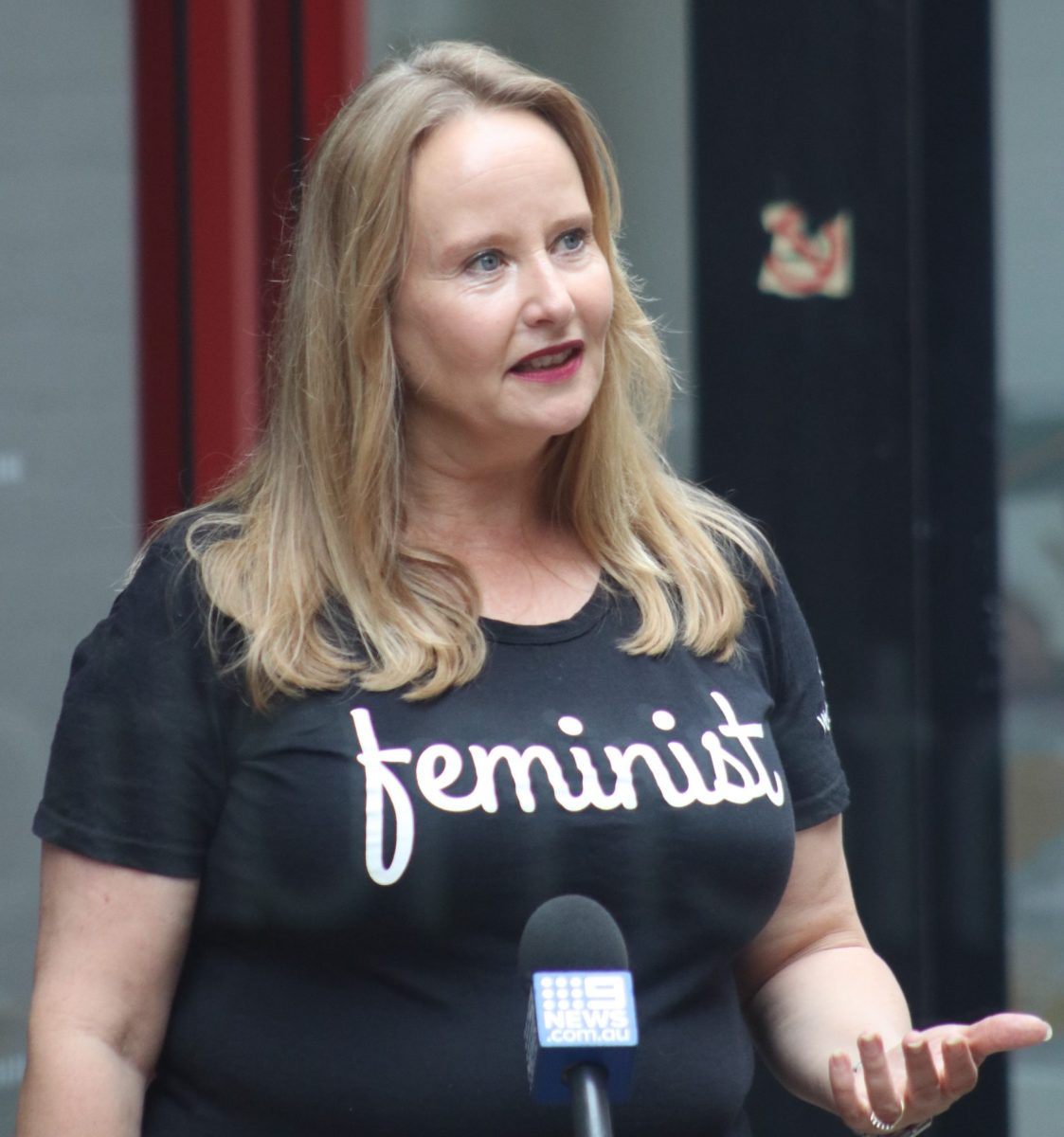
Canberra YWCA CEO Frances Crimmins said the organisation was, and always would, advocate for women. Photo: YWCA.
“It is hard for most of us to imagine what Canberra would have been like in 1929,” the former executive director of the Canberra YWCA, Rebecca Vassarotti, wrote in A Work in Progress, a history of the organisation.
“With a tiny population, no infrastructure and few housing options, the prospect of establishing an organisation seems a daunting and impossible task. To think that a group of women, with only a vision and commitment, planted the seed that grew into the strong tree that is the organisation today seems in some ways fantastic. We trust to date that we have done them proud.”
A Work in Progress marked the Canberra YWCA’s 90th birthday in 2019, but YWCA is much older.
In 1855, two women reportedly met at London’s Victoria Station: one was to find Christian homes for women, the other a prayer group, also for women. By 1877, they had combined to form the Young Women’s Christian Association.
Today, the organisation is known by its acronym, YWCA, and welcomes all faiths. It offers more than 28 programs across 20 ACT locations in community services, housing and youth services, children’s services, including school-age and long day care, community development, advocacy training and women’s leadership.
Although times have changed, the current CEO, Frances Crimmins, who has been in the job since 2013, said the reason the organisation was set up has not – and the fact it is one of Canberra’s oldest is a testament to that.
She said it is, and will always be, a not-for-profit feminist organisation advocating for women by women.
“I often go back and read parts of that book we published for our 90th birthday,” Ms Crimmins said.
“It is fascinating to read and review it, to see how Canberra has responded over the years to needs in our community. If you look at what they achieved in those early days, after World War II and the Depression, it is inspiring. They set up employment opportunities for women and the first ‘safe places’ for women escaping domestic violence.
“I find it inspiring that we have stayed true to our roots, that women supporting other women is still our core. ”
The YWCA in Canberra was also instrumental in establishing some of the first childcare facilities in the capital. It set up what were known as ‘stay at home’ camps, providing the foundation for women who wanted to go back to work to do so.
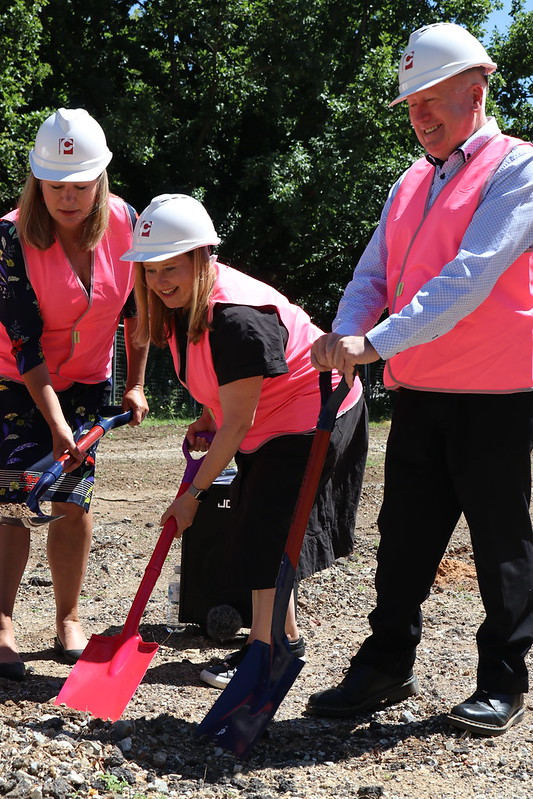
ACT Housing Minister Yvette Berry, left, with Canberra YWCA CEO Frances Crimmins and ACT Minister Mick Gentleman turn the first sod for the Ainslie housing project. Photo: Supplied.
The YWCA’s long life in Canberra continues today, with many projects set up nearly a century ago still operating today. A home at Reid, for example, bequeathed to the YWCA 25 years ago, was one of the first family day-care centres of its type. Today, it is a group home for older women, reinvented, Ms Crimmins said, to cater for today’s needs.
“Over the years in Canberra, we have changed to meet the needs of this community,” she said.
In a perfect world, today’s YWCA would no longer have to deal with the issues that it did in its early Canberra life – from violence against women to housing shortages and economic hardship.
“It is disappointing that we are still dealing with these issues,” Ms Crimmins said. “But I look at it through the lens that we continue to persevere, that we are still having these conversations.
“Of course, progress is not nearly fast enough, and it is disheartening to see the rates of gender-based violence. That’s something we really need to take a serious look at. Our rates of violence against women are unacceptable – a national shame.”
She said one of the most crucial issues facing women today was housing security, with older women facing homelessness at too high a rate.
“There was a white paper, written about 30 years ago, predicting the growing problem of older women and homelessness. More needs to be done to stop women retiring into poverty,” she said.
But Ms Crimmins believes women have reason to remain positive, as long as they continue to learn from the past.
“About three decades ago, these women bought a property in Ainslie as a safe space for women. Today, we have nine beautiful homes at lock-up stage on that site – they will become safe space homes for women by the end of the year.”













